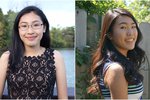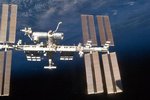Finalist Teams Selected for International Space Station STEM Competition
Genes in Space middle and high school contestants design pioneering DNA experiments to advance space exploration
May 22, 2018, Boston, Massachusetts – The Genes in Space science contest announced five finalist teams in the annual U.S. competition. More than 1,200 students from grades seven through 12 proposed 559 DNA analysis experiments to address real-life space exploration challenges and opportunities. Student proposals range from establishing the use of genome editing tools in space, to mitigating challenges to astronaut health using molecular methods, to bioengineering solutions for space colonization. The winning experiment will be performed aboard the International Space Station (ISS).
The five finalist teams involving 12 high school students will be mentored by scientists at Harvard University and MIT. The teams will present their proposals to a panel of scientists and educators at the 2018 ISS Research and Development Conference in San Francisco, California, July 23-26. The winning team will work with their scientist mentors to prepare their investigation and will watch their experiment launch to space.
The 2018 Finalists:
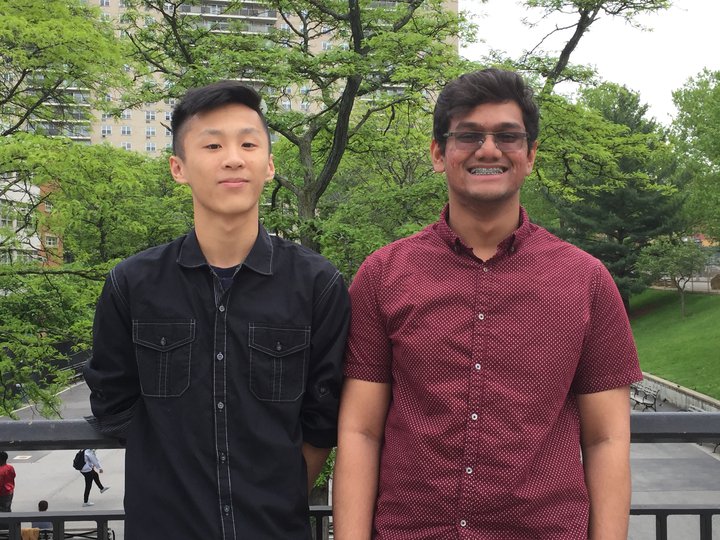
Farhan Zaman (17) and Andrew Chow (17) from Bronx High School of Science in New York, NY.
Topic: Root hair development in plants in microgravity.
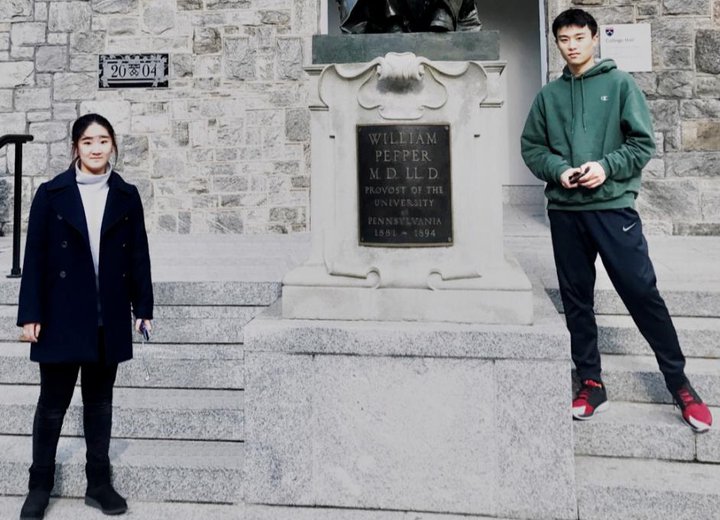
Kevin Lin (16) from Lick Wilmerding High School, San Francisco, CA and Jenny Yang Jin (17) from Tatnall High School in Wilmington, DE.
Topic: Gum health and bacterial plaque composition in space.
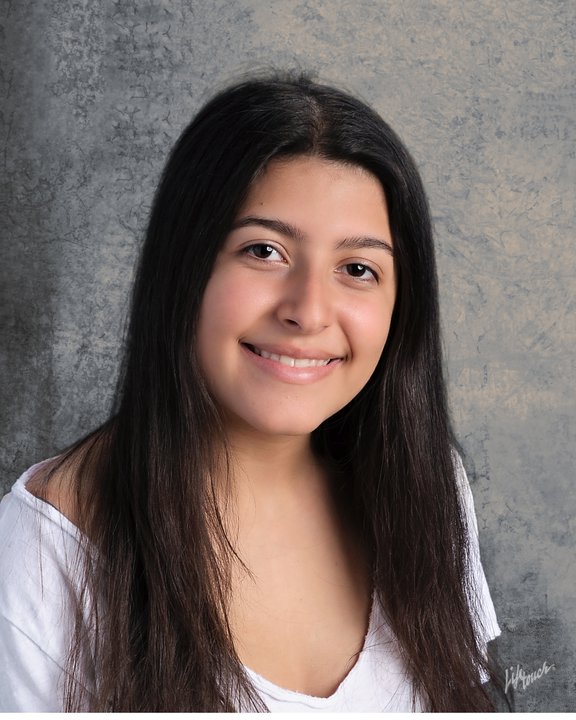
Kaylie Hausknecht (16) from Lynbrook High School, Lynbrook, NY.
Topic: Engineering Cyanobacterium to terraform Mars.
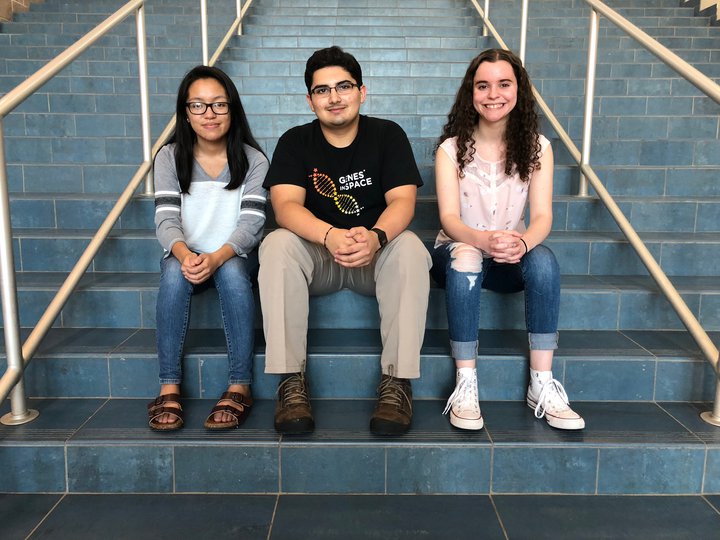
Joseph Garza (16), Krishan Ubongen (17), and Addison Correll (17) from Roosevelt High School, San Antonio, TX.
Topic: Growth and virulence of the bacterium Pseudomonas aeruginosa in space.
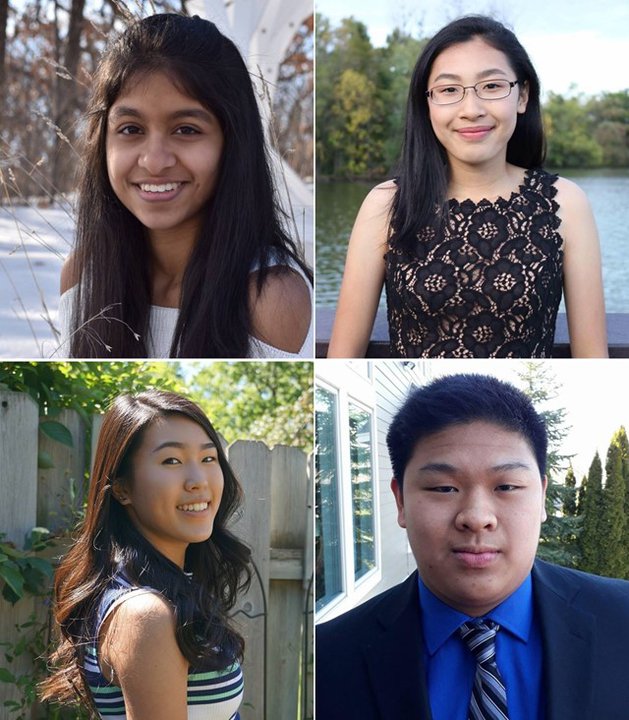
David Li (17) from Woodbury High School, Woodbury, MN and Michelle Sung (16), Aarthi Vijayakumar (16), and Rebecca Li (16) from Mounds View High School, Arden Hills, MN.
Topic: CRISPR/Cas9 genome editing as a tool to investigate double-strand break repair in microgravity.
About Genes in Space
Genes in Space is a national STEM contest that challenges students in grades 7 through 12 to design DNA analysis experiments using the ISS National Lab, a platform for cutting edge research and technology development that enables future space exploration. All proposals use miniPCR™ technology aboard the ISS. PCR is a method for making copies of a particular DNA sequence. The first Genes in Space experiment by high-school student Anna-Sophia Boguraev was performed aboard the ISS in April of 2016 and was the first PCR experiment ever conducted in space. The contest is a collaboration between miniPCR and Boeing with generous support from CASIS (manager of the ISS National Lab), Math for America, and New England Biolabs®.For more information about the Genes in Space competition and the 2018 awardees, visit: www.genesinspace.org.
Media contacts:
miniPCR: Emily Gleason, genesinspace@minipcr.com, 781-990-8727
Boeing: Steven Siceloff, steven.p.siceloff@boeing.com, 281-226-4872


